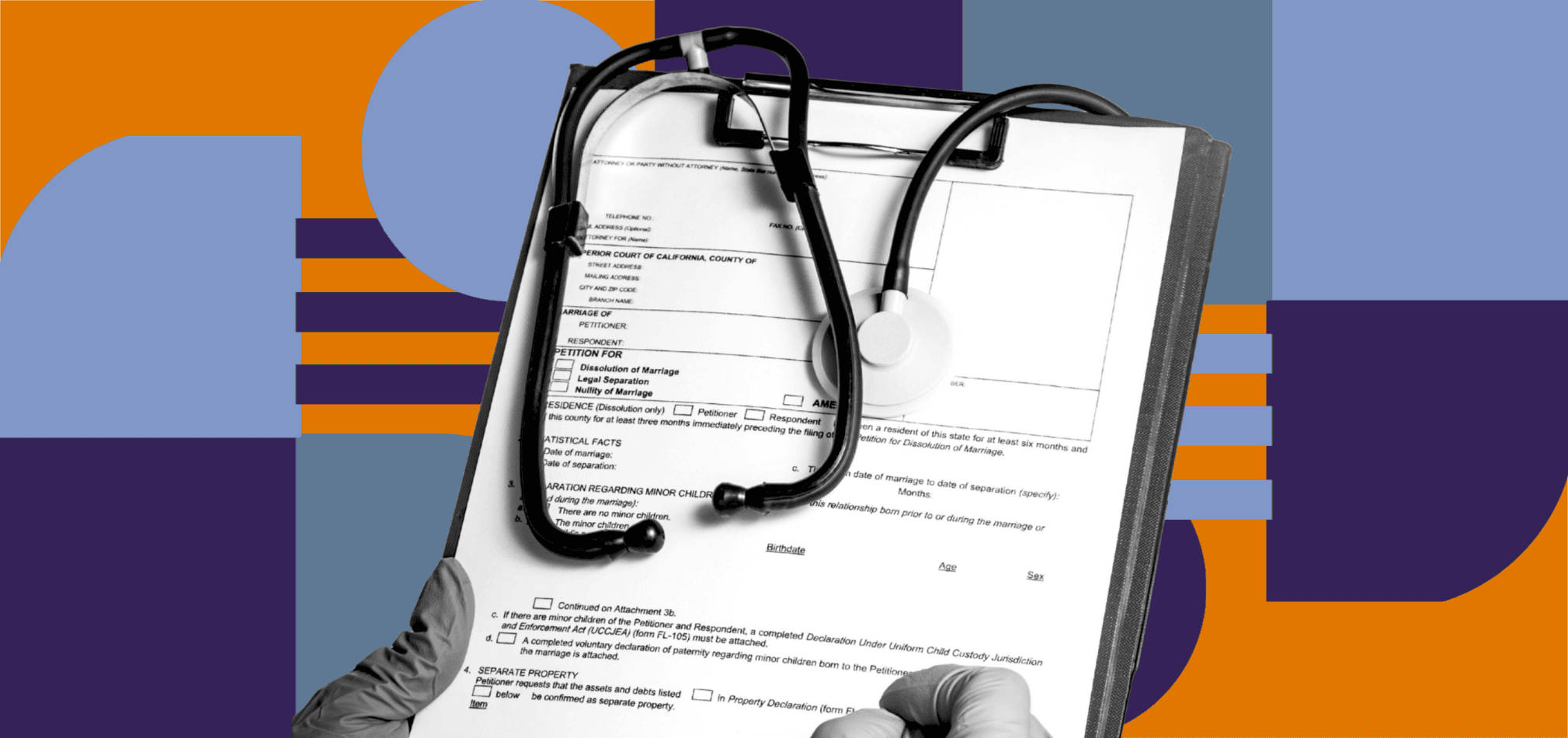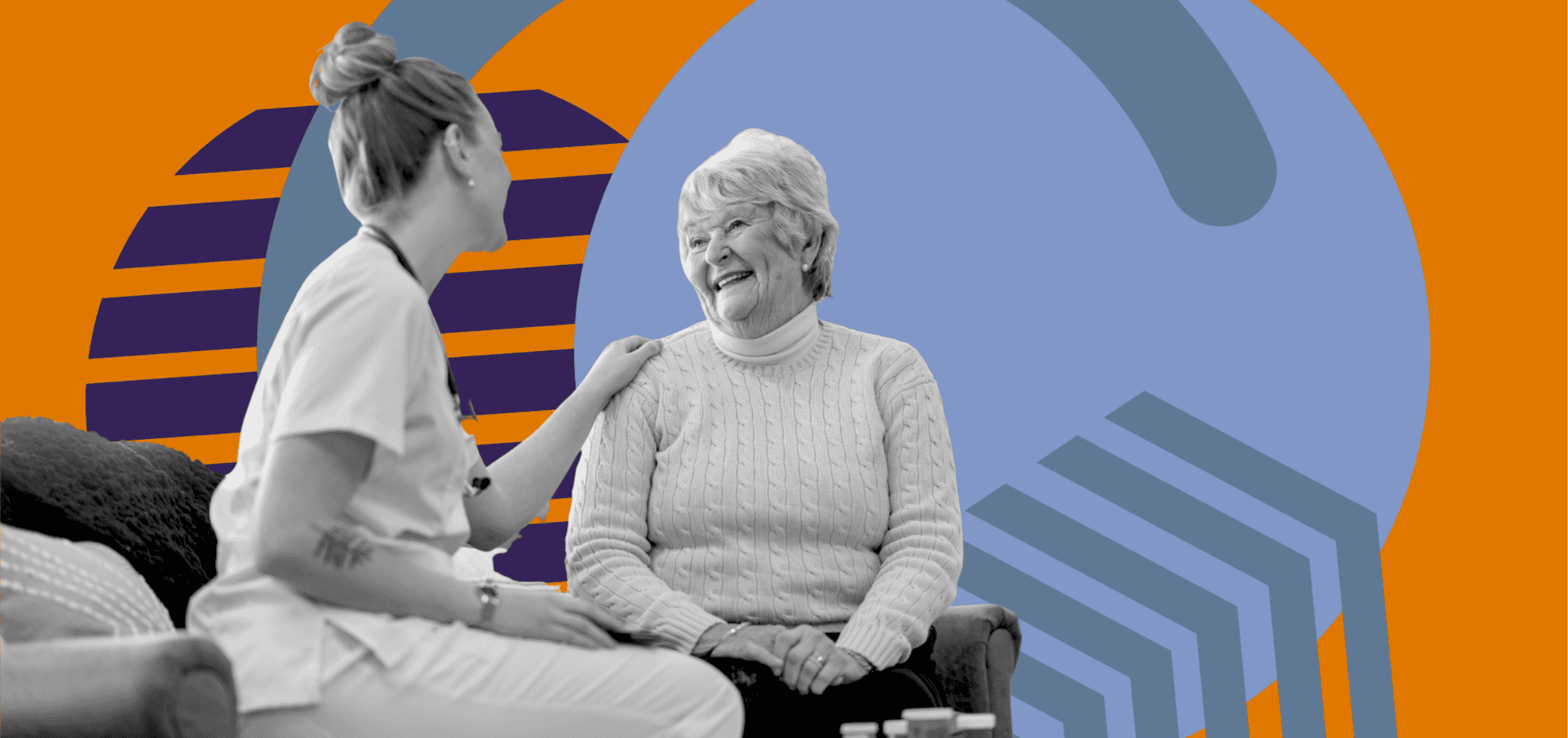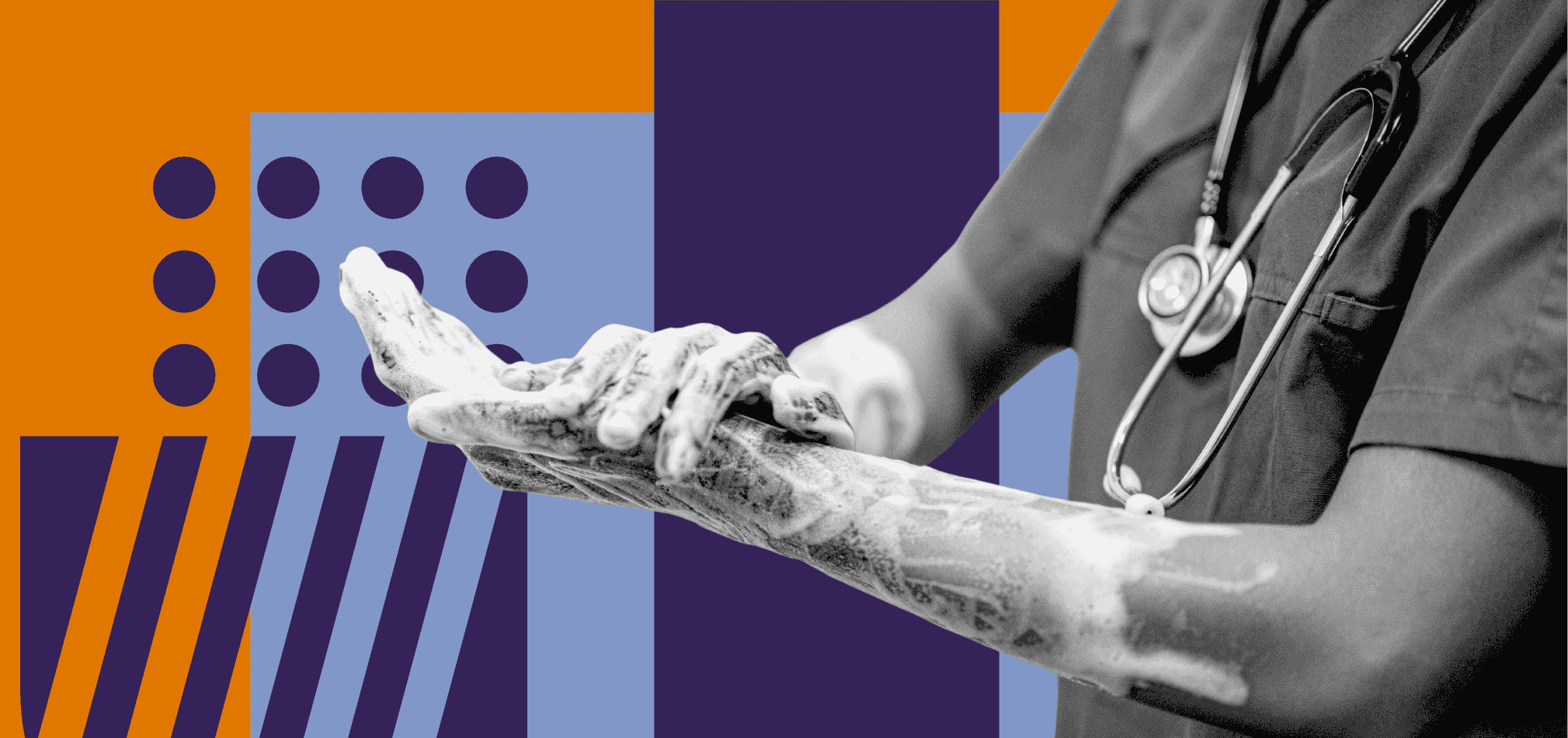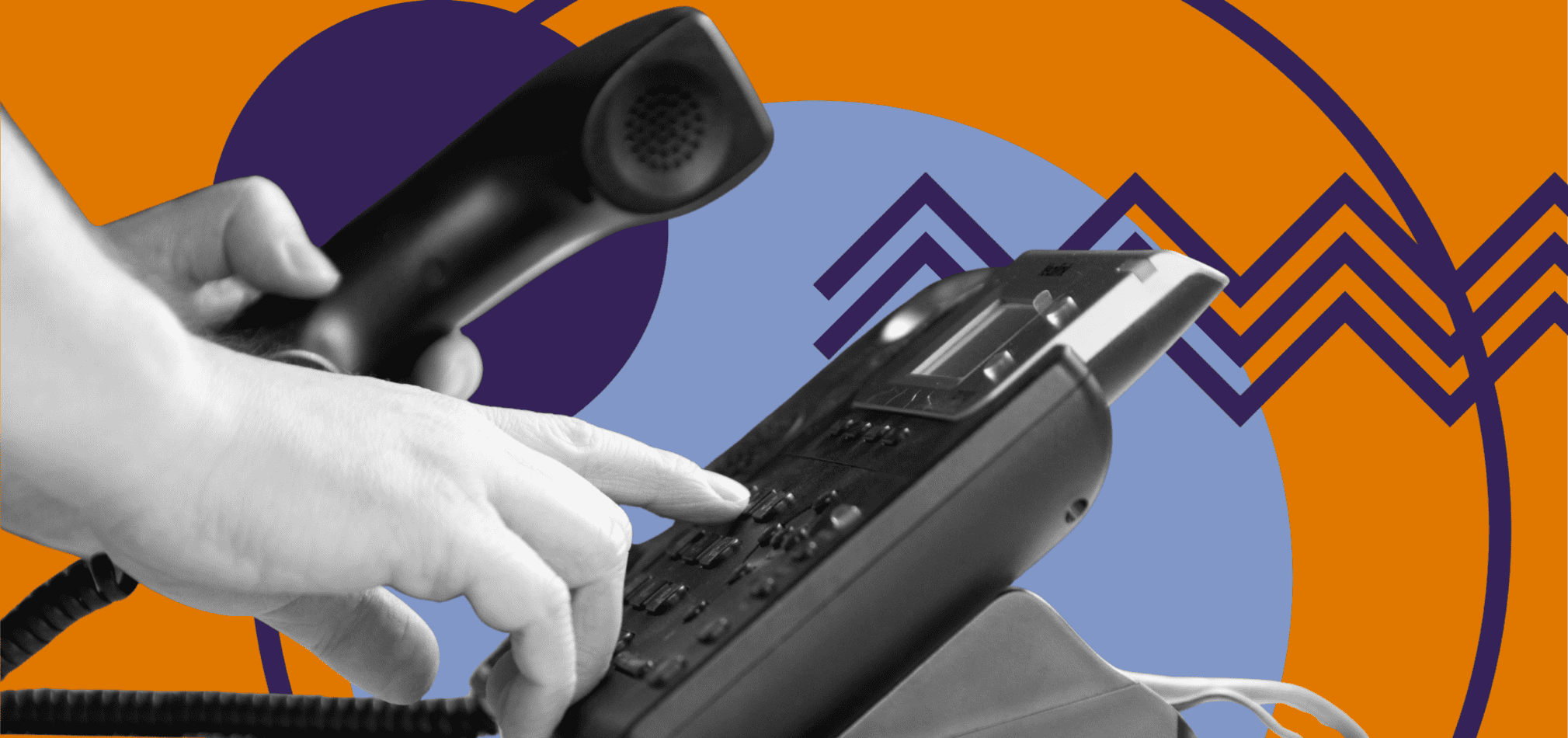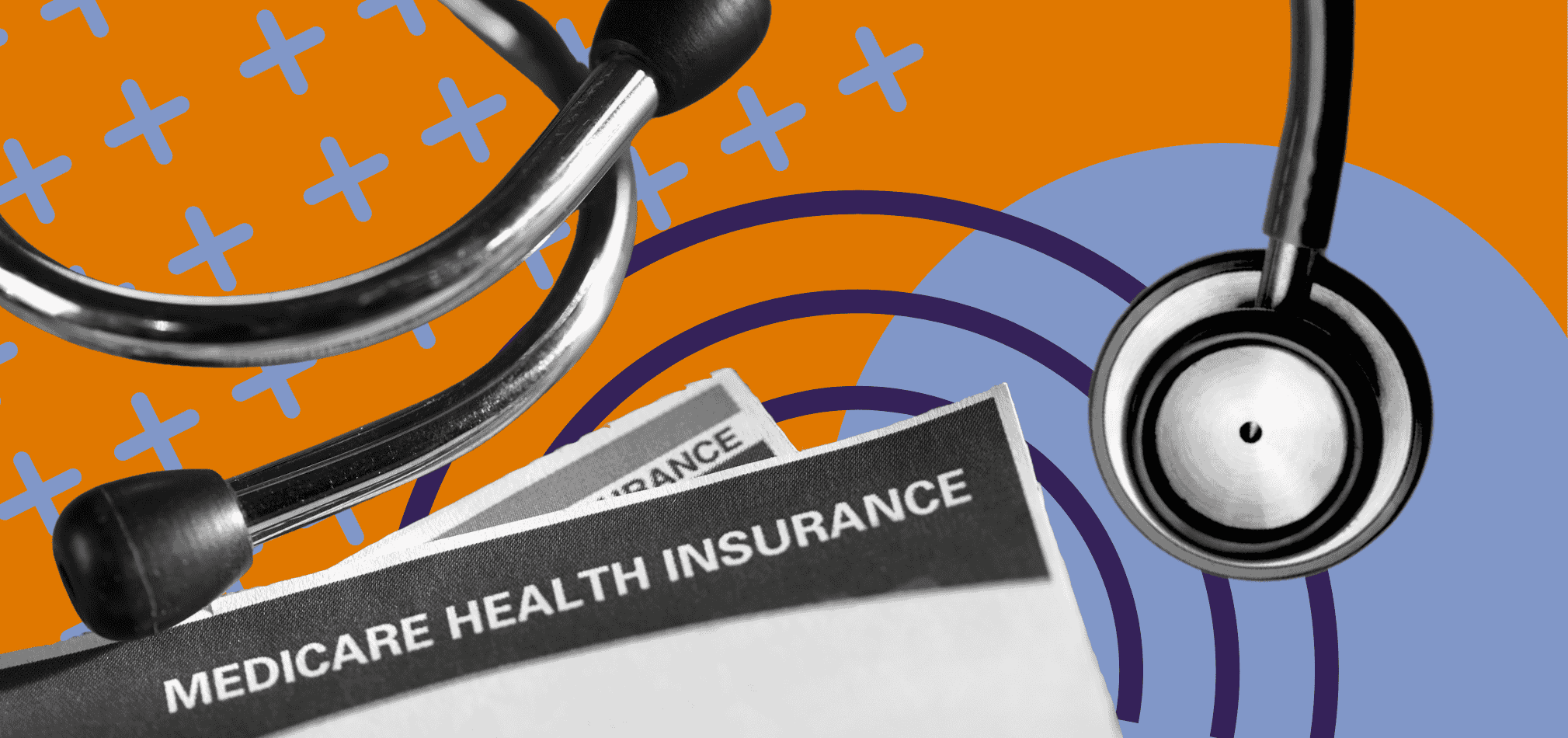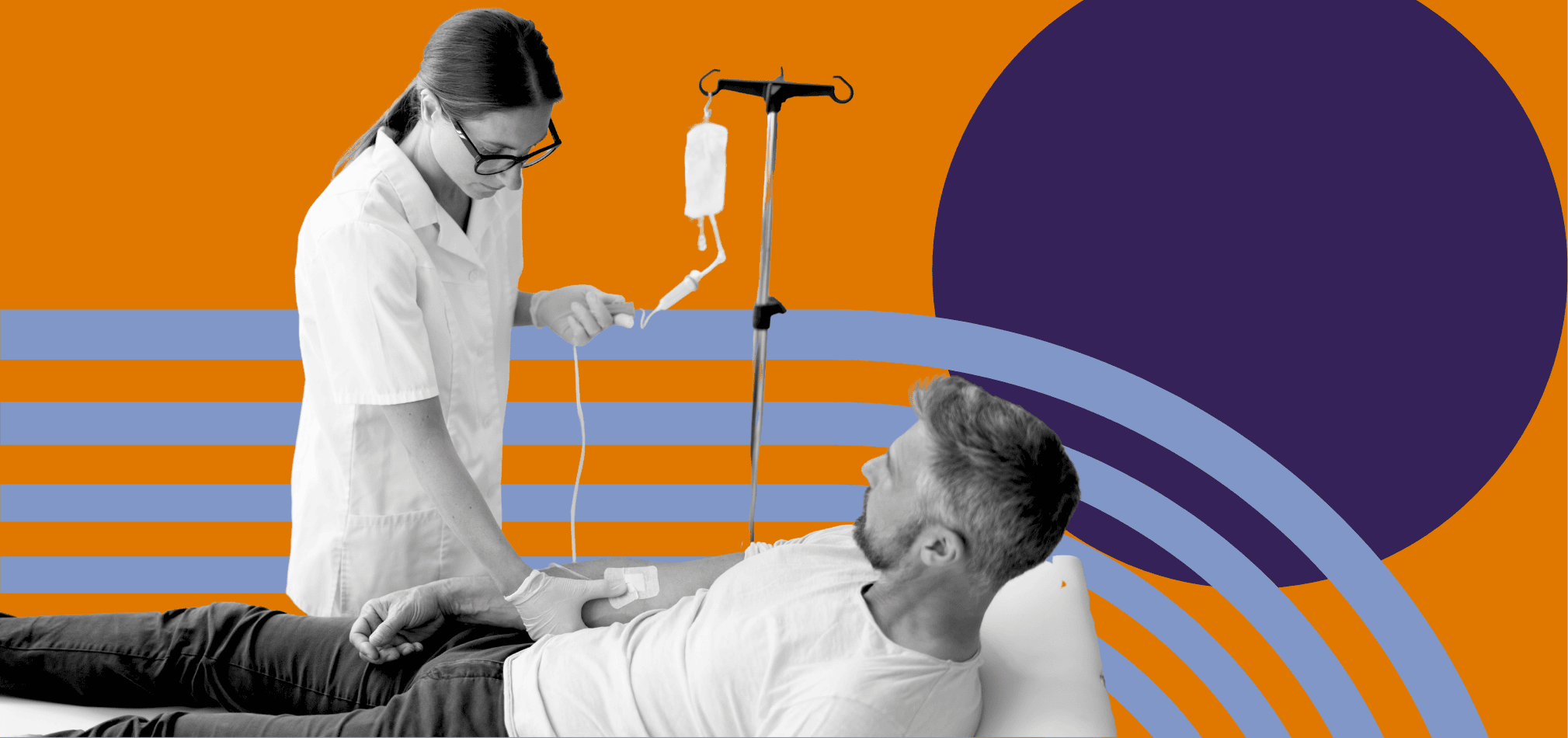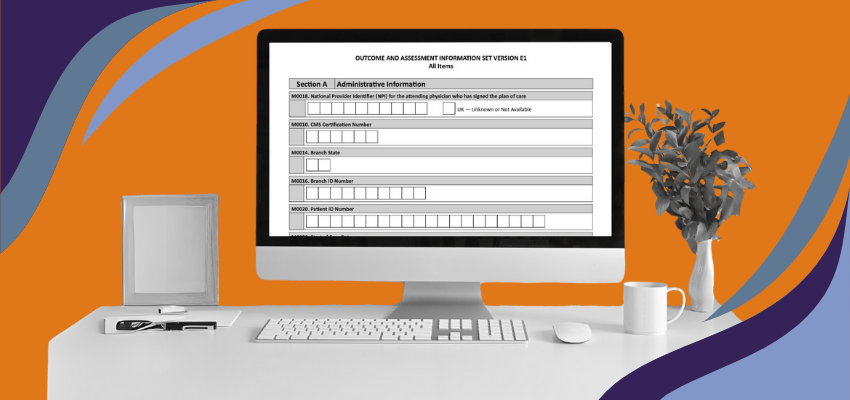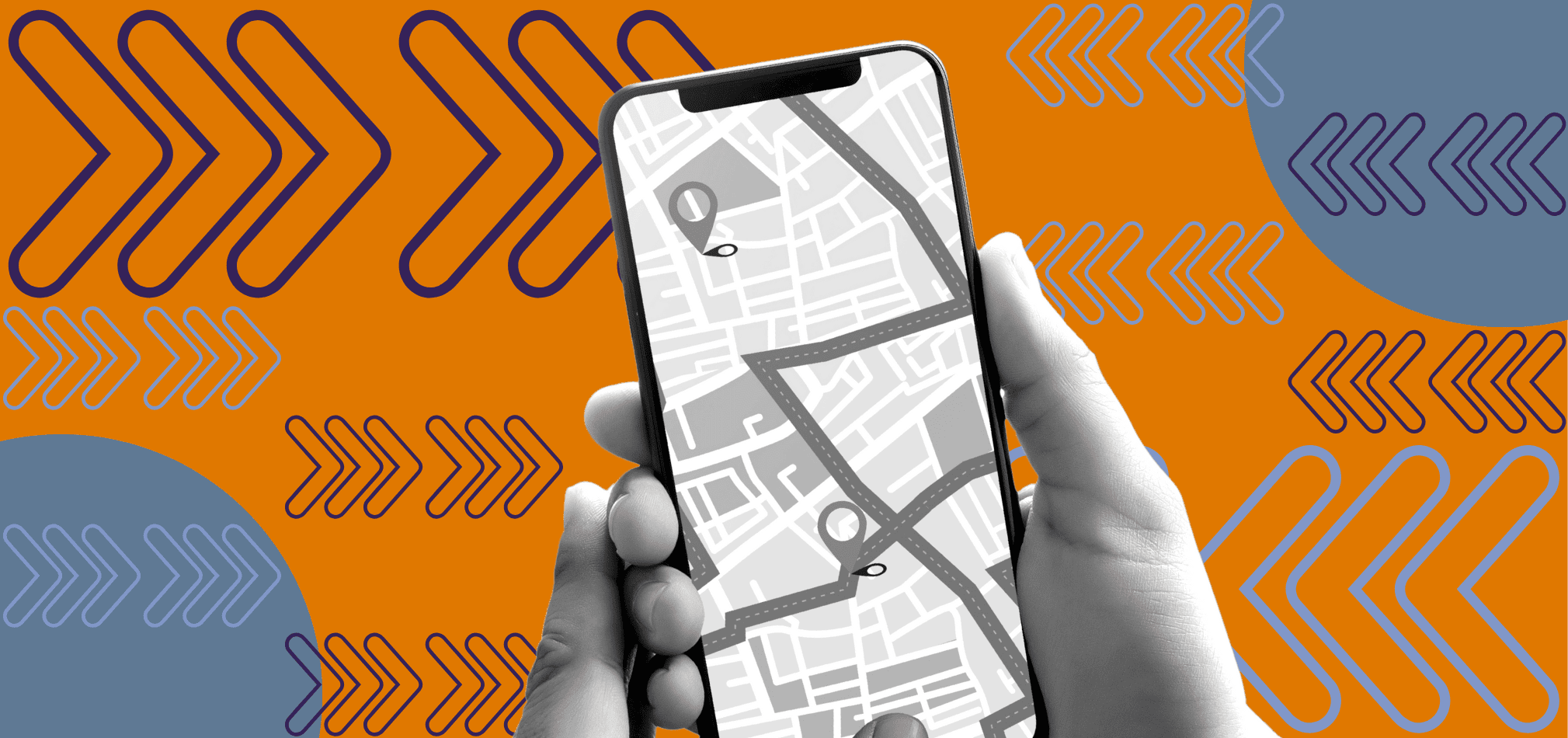What Do Quality Assurance (QA) Specialists Do in Home Health & Hospice?
August 4th, 2025
4 min read
By Abigail Karl

If you’re running a small to mid-sized Medicare-certified home health or hospice agency, you’ve probably felt the pressure of keeping your documentation airtight. Whether it’s preparing for survey, submitting clean claims, or just making sure your staff is charting correctly, it can feel like there’s always something slipping through the cracks.
That’s where your QA—or Quality Assurance—specialist comes in.
*This article was written in consultation with Mariam Treystman.
At many agencies, QA is one of the most misunderstood roles. Owners know they need it, but they’re not always sure what “good QA” actually looks like. Some think QA is just about finding charting mistakes. Others assume it’s only relevant right before billing or survey.
But in reality, a QA specialist is the person who’s going to help your entire clinical operation run more smoothly.
In this article, you’ll get a clear picture of:
- What QA is
- What QA specialists actually do in home health and hospice care
- How your agency can structure the QA role as you grow
- Whether or not your QA needs to be a clinician
By the end of this article, you’ll know what you need to know about QAs, so you can make the best staffing and workflow decisions for your team.
How Important Is Having a QA for Home Health & Hospice Agencies?
Home health and hospice aren’t like hospitals or skilled nursing facilities. Your care is delivered off-site, which means documentation comes in at irregular intervals. It can come in from different clinicians, on different days, sometimes with critical pieces missing.
A nursing note might arrive three days after the visit. A therapy assessment could lag behind for a week. In hospice, your social worker’s IDG update might not show up until long after the meeting occurred.
QA specialists are the people putting those pieces together. Their job is to review documentation as it comes in, ensure it’s timely, accurate, and complete, and catch problems that could lead to survey deficiencies, claim denials, or worse: sub-optimal or negative patient outcomes.
But it’s more than just paperwork. QAs help ensure the documentation reflects what’s actually happening with the patient. When something doesn’t add up, they identify the issue in real time and coordinate with the appropriate clinician to get it resolved. While QAs can’t make changes to the chart themselves, they can verify whether or not a chart is complete before it becomes a larger issue later on.
What Does a QA Specialist Actually Do?

While the specifics can vary from agency to agency, the core responsibility of QA remains consistent: reviewing clinical documentation for compliance and accuracy. This includes but is not limited to:
- Verifying that all components of the admission packet are present
- Reviewing visit notes for blanks, inconsistencies, or missing clinical rationale
- Forms are signed and dated correctly
- The care being documented reflects the care provided in the home
- The care being documented aligns with physician orders and the plan of care
- Ensuring homebound status (HH) or terminal prognosis (HSP) is properly documented
- Checking for timely submission of notes, orders, and care plan updates
- Communicating with clinicians to clarify or correct documentation issues
QAs also play a key role in survey preparedness. QAs act as a line of defense, identifying and addressing potential compliance issues before they become larger issues.
And for Medicare certified agencies, QAs often contribute to Quality Assurance and Performance Improvement (QAPI) activities. This may include racking documentation trends, flagging systemic problems, and supporting process improvements across the agency.
Does a Home Health or Hospice QA Have to be a Clinician?
No, your QA does not necessarily have to be a clinician, at least at first.
For many smaller agencies, the first QA hire is often a non-clinical person—someone with a strong attention to detail and some understanding of charting requirements. This person can handle things like verifying that all forms are present, signatures and credentials are correct, and documents are submitted on time.
However, clinical oversight is still going to be essential. A non-clinical QA can catch technical errors, but they may not be equipped to evaluate the appropriateness of a wound care intervention or whether a therapy note justifies continued skilled care.
That’s why it’s important that a nurse or therapist reviews more complex clinical elements, at least until you can hire a clinical QA. In smaller agencies, this can be handled by the DPCS or their designee.
As your agency grows, layering clinical and non-clinical QA roles becomes a scalable way to maintain quality. The non-clinical team handles the basics, while the clinical staff focuses on higher-level reviews.
How Should QA Staffing Scale as Your Agency Grows?
In the early stages, a part-time QA or multitasking DPCS might be enough. But once you’re hovering around 20–30 active patients, that’s typically the tipping point. At that size, a single person simply can’t keep up with the volume of reviews needed to stay compliant and timely.
Beyond 30 patients, most agencies either hire a second QA or restructure responsibilities.
The key is this: QA work is time-sensitive. Reviewing charts weeks after the fact means you’ve lost the opportunity to fix inconsistencies or reinforce better documentation practices. If you’re seeing backlogs or relying too heavily on one person, it’s time to build out your QA team.
What Regulations Should Your QA Be Helping You Meet?

Both home health and hospice CoPs require that agencies have an ongoing, data-driven QAPI program. These regulations don’t just ask for a few performance reports. They expect your agency to systematically track, evaluate, and improve the quality of care and services.
That’s exactly where a QA fits in.
Your QA specialist is the one:
- Combing through patient records for patterns
- Noticing if half your clinicians are forgetting to address pain scores
- Realizing IDG documentation in hospice isn’t always submitted within the 15-day window
They bring that data to your QAPI committee, help define measurable goals, and often take part in monitoring improvements.
Why a Good QA Can Make or Break Your Home Health or Hospice Agency
Whether you’re trying to pass a survey, get paid on time, or simply provide great care, a good QA specialist is going to help you get there.
Throughout this article, we’ve seen how QAs tie together documentation, compliance, billing, and continuous improvement. They help prevent small oversights from turning into big problems. And in many agencies, they’re the first to identify process breakdowns before they hit your bottom line.
If you don’t have a QA yet, start with one. It doesn’t have to be a nurse at first, but you do need someone who can manage the review process consistently and escalate issues to the appropriate clinicians when needed.
Figuring out how and where a QA specialist fits into your agency doesn’t have to be overwhelming. With the right QA support in place, your agency will be more organized, more compliant, and far better prepared for whatever challenges come next.
For more insight on how to keep your regulatory compliance strong, check out our article below comparing mock surveys and compliance consultants.
*Disclaimer: The content provided in this article is not intended to be, nor should it be construed as, legal, financial, or professional advice. No consultant-client relationship is established by engaging with this content. You should seek the advice of a qualified attorney, financial advisor, or other professional regarding any legal or business matters. The consultant assumes no liability for any actions taken based on the information provided.
Topics:






